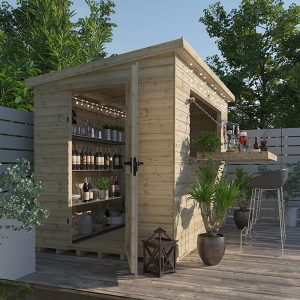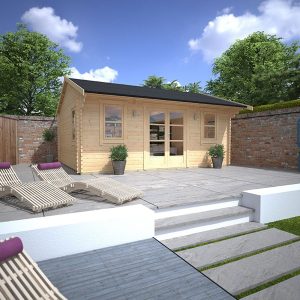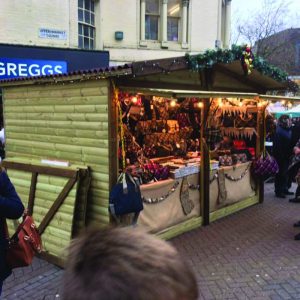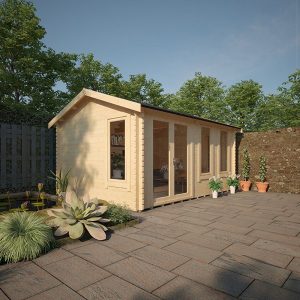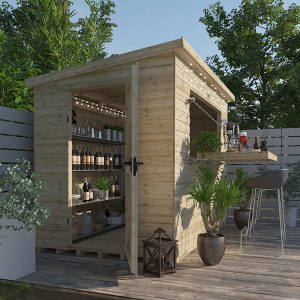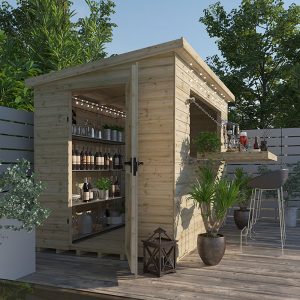Indulge in continuous celebrations and endless libations at our exquisite Witton Garden Bar located in Garden Village! Ideal for hosting gatherings! The bar features three adaptable shelves by default, providing ample functional area. The wood has undergone pressure treatment for enhanced longevity and defense against decay, ensuring its enduring presence in your garden for numerous years. Embrace the sunnier days with your loved ones as you relish your personal outdoor bar experience.








